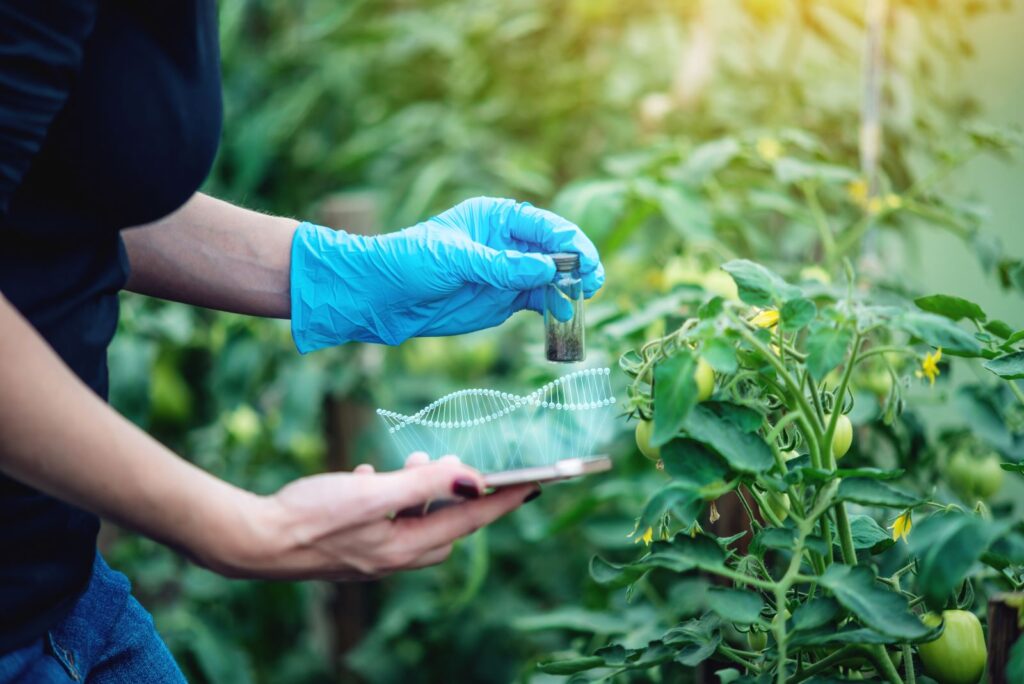Genetic Technology Act unlocks new ground in plant breeding
24th March 2023
New legislative framework enabling the use of precision breeding technologies such as gene editing was granted Royal Assent yesterday (23rd March) and is set to accelerate the development of higher-yielding, more nutritious and climate-resilient crops in England.

Precision breeding uses genetic engineering tools to enhance desirable traits in plants, such as disease resistance, yield, nutritional value, and environmental adaptability, allowing growers to produce more from less.
Unlike traditional breeding methods, which rely on crossing and selection, precision breeding involves making specific changes to the plant’s genetic code. It has the potential to create plants and crops that are better for the environment in a number of ways, such as by reducing the use of pesticides and herbicides, increasing drought resistance, or enhancing nutrient uptake.
At the same time, precision breeding differs from genetic modification, which produces crops that couldn’t occur naturally or through traditional breeding.
NIAB chief executive Professor Mario Caccamo commented:
“The Genetic Technology (Precision Breeding) Act brings our rules into line with other countries around the world, including Australia, Canada, Japan, Brazil and Argentina, by taking the products of more precise breeding techniques such as gene editing out of the scope of the restrictive rules applied to genetically modified organisms (GMOs) (…).
“It follows the introduction in April 2022 of a simplified regulatory process for conducting field trials of precision bred crops, which has already stimulated new research activity across a range of crop species and traits.
“These include the development of wheat with improved food safety, oilseeds with enriched Omega-3 oils, tomatoes with enhanced vitamin content, and barley with the potential to improve livestock productivity while reducing greenhouse gas emissions.”
According to the Food Standards Agency (FDA), the introduction of resistance genes to crops such as sugar beet or oilseed rape can reduce pesticide usage by protecting yield from pathogens and invertebrate pests. Moreover, gene editing has been used to develop wheat without the amino acid asparagine to prevent the formation of acrylamide, which has been linked to increased cancer risk in humans.
Professor Caccamo added: “The new regulatory framework (…) should provide a more straightforward route to market for innovations like these. Gene editing offers significant opportunities to support healthier, safer and more sustainable farming and food production systems, at a time when such advances are urgently and increasingly needed.”
While Royal Assent represents an important first step, the Professor said the process is far from complete. “The Act itself provides a framework for more detailed implementing rules to be introduced through secondary legislation over the coming months.
“To deliver on its objectives for research, investment and innovation, the Government must ensure that these arrangements are proportionate to the scientific evidence of risk, and do not single out these techniques for disproportionate or unnecessary requirements which go above and beyond those currently applied to conventionally bred plant varieties,” he concluded.
